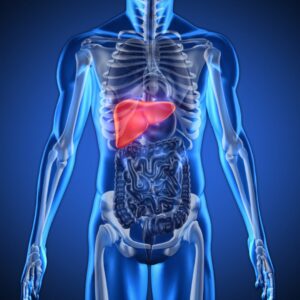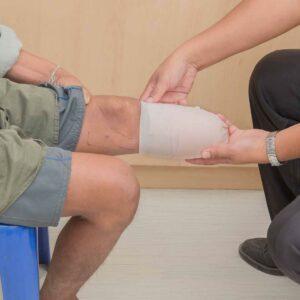Your immune system serves as your body’s built-in defense against illnesses and infections. It must be kept healthy and strong in order to work properly. While no single action can ensure immunity, there are a number of dietary and behavioral modifications you may make to maintain a strong immune system. We’ll look at a variety of tactics in this blog article that can help improve the efficiency of your immune system.
1. Prioritize a Balanced Diet
Your immune system needs certain building blocks, which a nutrient-rich diet offers. Your meals should contain a variety of fresh fruits, vegetables, whole grains, lean proteins, and healthy fats. Foods high in zinc, selenium, and vitamins A, C, D, and E are particularly crucial for immunological function.
2. Stay Hydrated
Proper hydration is vital for optimal immune function. Drinking enough water helps transport nutrients to cells, flush out toxins, and support the production of immune cells.
3. Get Regular Exercise
Regular physical activity has been shown to enhance immune function by promoting good circulation and reducing inflammation. Aim for at least 150 minutes of moderate-intensity exercise per week.
4. Prioritize Sleep
Quality sleep is crucial for immune health. During sleep, your body repairs and regenerates, and immune cells are more active. Aim for 7-9 hours of restful sleep each night.
5. Manage Stress
Chronic stress can weaken the immune system over time. Engage in stress-reduction techniques such as deep breathing, meditation, yoga, or spending time in nature to promote relaxation.
6. Maintain a Healthy Weight
Excess weight can contribute to inflammation and compromise immune function. Aim to maintain a healthy weight through a balanced diet and regular exercise.
7. Limit Alcohol and Tobacco
Excessive alcohol consumption and smoking can weaken the immune system. Limit or avoid these habits to support a stronger immune response.
8. Practice Good Hygiene
Wash your hands frequently, especially before eating, to prevent the spread of germs and infections. Proper hygiene is a simple yet effective way to protect your immune system.
9. Stay Socially Connected
Maintaining social connections and nurturing positive relationships can have a positive impact on immune health. Loneliness and isolation may weaken the immune response.
10. Consider Supplements
Consult with a healthcare professional before taking supplements, but certain vitamins and minerals like vitamin C, vitamin D, zinc, and probiotics can play a role in supporting the immune system.
Conclusion
Building a strong immune system involves a combination of healthy lifestyle choices that promote overall well-being. While there’s no magic solution, adopting these habits can significantly enhance your body’s ability to defend against infections and diseases. Remember that consistency is key, and making these practices a part of your daily routine can lead to long-term benefits for your immune health.







